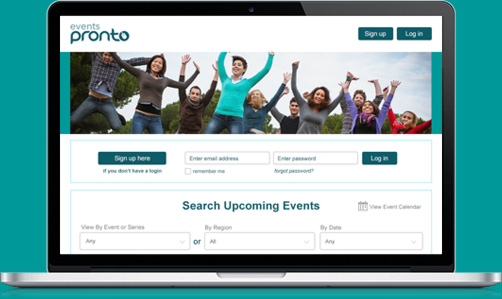Blog

You may wish to ask about your audience’s gender for your records, whether to meet contractual reporting obligations, or to communicate better with current and potential customers. When asking about people’s identities, especially minorities, it’s essential to be respectful and inclusive. If you are interested in asking about people’s gender on a form or a survey, there are some things you should first be aware of.
Key terms
The terminology for discussing gender is vast and always changing, so it can be difficult to keep up with what things mean and which words are appropriate and which are offensive. The following terms are commonly used in gender discourse and are helpful to learn for those wanting to communicate in gender-inclusive ways.
Sex refers to people’s sexual characteristics, for example their hormones and genitals. Sex can be categorised into female, male, or intersex.
Gender refers to a person’s identity. This may not be the same gender they were assigned at birth. The gender identities people are most familiar with are man and woman, but there are countless others and it’s important to be inclusive of these identities.
Intersex means a person’s sexual characteristics are not typically male or female. An intersex person can have any gender identity.
Transgender means a person doesn’t identify with the gender they were assigned at birth. For example, a transgender woman was not assigned female at birth. Transgender is an umbrella term that also includes nonbinary.
Nonbinary refers to people who don’t identify with the binary gender (male or female) identities. This includes but is not limited to people who shift between feeling like a man and feeling like a woman, people who don’t identify with any gender, and people who identify as more than one gender.
Cisgender means a person identifies with the gender they were assigned at birth.
Ask yourself: Do I need to know people’s gender or sex?
In most cases, there is no need to ask about biological sex on a form or survey. The question implicitly asks what body parts a person has, which is offensive and should be avoided.
However, knowing the demographics of your customers can be useful for marketing and communication purposes. For example, you will communicate differently with an all-male audience than with an audience that is 50% women and 50% men. If you don’t need to know about gender, it is best not to ask at all. To check whether you should ask about gender, you may wish to test the form on someone before it is finalised. If this person wonders why the form asks about their gender, you may want to remove the question.
How to ask about your customers’ gender
When asking about gender, consider providing the option for people to identify as something other than a man or a woman. This will help create inclusivity and reduce the potential for offence. Similarly, it is unlikely that you will need to distinguish between transgender and cisgender men, or between transgender and cisgender women.
It is also unhelpful for data collection to ask what pronouns (for example, she or he) your customers use, as pronouns don’t necessarily reveal a person’s gender.
Here are some possible ways you can ask about gender on a form:
- What is your gender? _______________________
- What is your gender identity?
- Female
- Male
- Nonbinary
- Prefer not to say
- I identify as…
- a woman
- a man
- gender diverse
You need only include one of these questions in your form or survey, as they all effectively ask the same thing.
You may have constraints on question format, so choose what works best for you. As long as you’re respectful and aren’t forcing someone to choose a label they are uncomfortable with, your approach is probably inclusive.
Sources
Intersex Awareness New Zealand
An article by Clodagh O'Carroll
Clodagh O’Carroll recently graduated with a Bachelor of Communication Studies. Her special interests are public relations, writing, and media studies. She also has an interest in non-profit organisations.
An article for Events Pronto and its followers
Events Pronto is the all-kiwi online booking and administration platform that takes the leg work out of managing conferences, events, courses, workshops and much more. Organisations pay a small monthly or annual fee to use the service - no booking fees, agency fees or commissions! Try it free here or call us on 07 575 6903.
To see the latest articles by Clodagh and other contributors please follow Events Pronto on Facebook.


